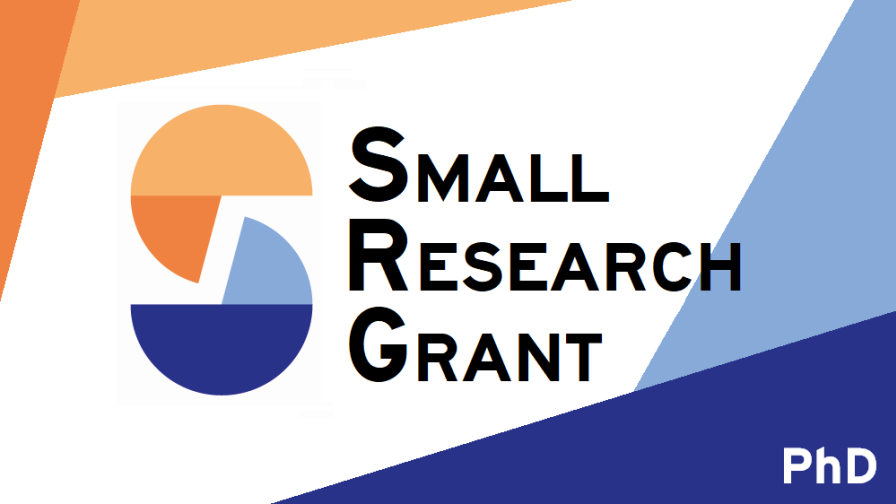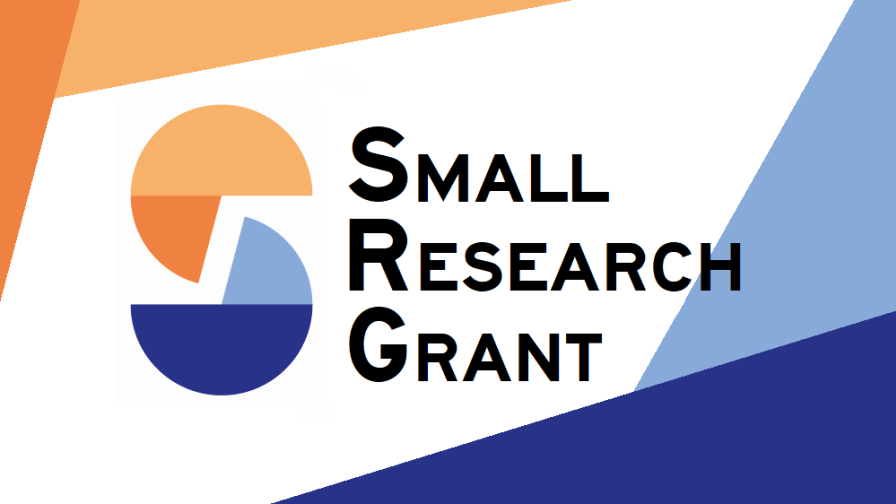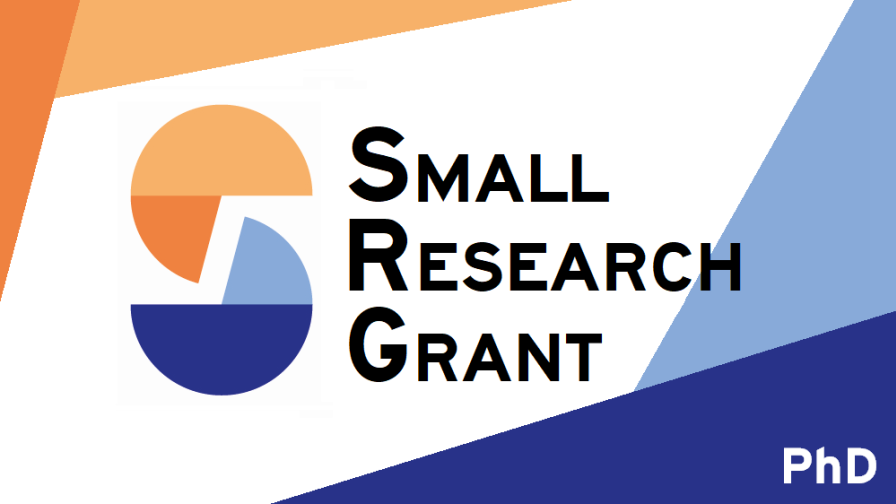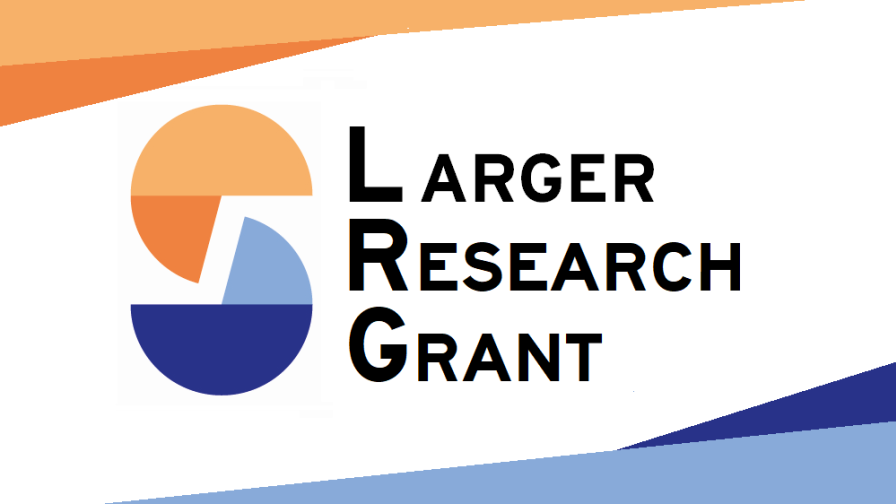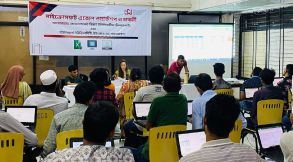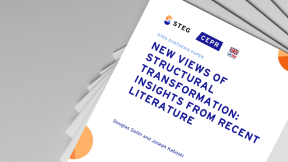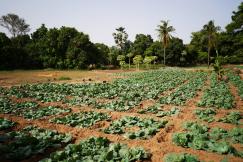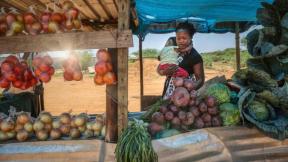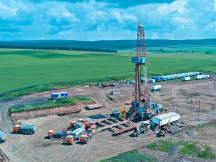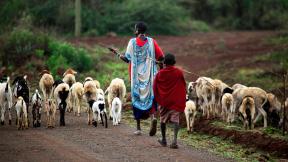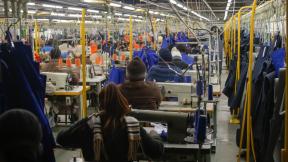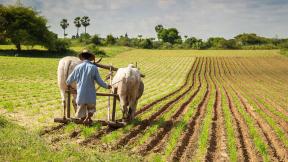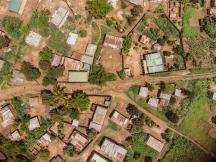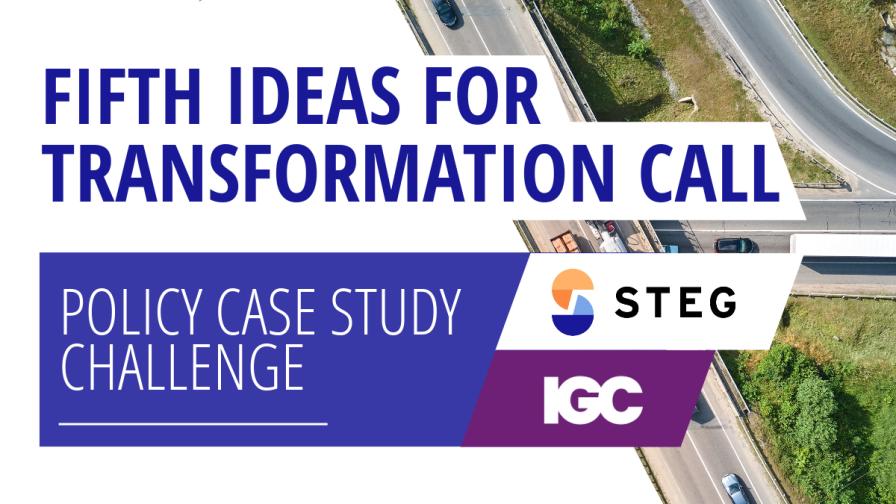Rising demand for clean and green technologies has accelerated the extraction of minerals and metals that serve as crucial inputs to these technologies. While the demand for these materials is primarily generated by developed countries, many mines operate in developing countries, where raw materials production and exports are major drivers of the economy. Researchers and policy makers have debated whether local communities are made better off by mining. There is some evidence suggesting that the introduction of mining can generate increased economic activity (Aragon and Rud, 2013; Chuhan-Pole et al. 2017), structural change (Kotsadam and Benshaul-Tolonen, 2016) and improved living standards (Caselli and Michaels, 2013). However, others find that mining can negatively impact health (von der Goltz and Barnwal, 2018), decrease agricultural productivity (Aragon and Rud, 2015) and increase conflict (Berman et al., 2017). Importantly, the economics literature is yet to rigorously quantify the negative pollution externalities of mining. My paper fills this literature gap by answering the following research question: “How does the introduction of industrial mining affect air quality, as measured by aerosol optical depth (AOD), in communities local to a mine in Africa?”
This paper uses a satellite-based measure of air pollution, aerosol optical depth (AOD), to compare changes in particulates within a given mining area around the time of a mine opening. In particular, I leverage the staggered openings of over 200 large-scale mines with the heterogeneity-robust fixed effects approach recommended by Callaway and Sant’Anna (2020). I link remotely sensed pollution data from the Moderate Resolution Imaging Spectroradiometer (MODIS) to precise geo-locations of large-scale mining operations provided through S&P Global Market Intelligence. My preferred outcome variable is AOD within a 10-km disk around the S&P-defined mine centroid. I focus on mines that opened between 2002 and 2017.
My paper contributes to a canonical debate in development economics: whether natural resources are a blessing or a curse. To the best of my knowledge, I am the first to quantify the negative pollution externalities of natural resource extraction by estimating an average causal effect of large-scale mining on air pollution in Africa. This is crucial given that the number of deaths caused by air pollution in Africa has continued to rise in recent years and that mining and other industrial activities have been cited as major drivers of air pollution (Heft-Neal et al, 2019; Fisher et al. 2021). Furthermore, my findings on the effects of industrial mine openings on pollution, together with existing estimates of the health consequences of particulates, allow me to estimate the cost of increased mortality and morbidity that follows from mine openings. This can inform policy makers looking to design sustainable extraction policies. As extraction is expected to accelerate in Africa, it is crucial to quantify how the climate-change mitigation policies enacted by developed countries may disproportionately burden poorer countries.
Project
• Research Theme 5: Political Economy and Public Investment,
Cross-Cutting Issue 3: Inequality and Inclusion
Natural Resource Abundance and Infrastructure Provision: Evidence from Mine Openings
This project has been retired
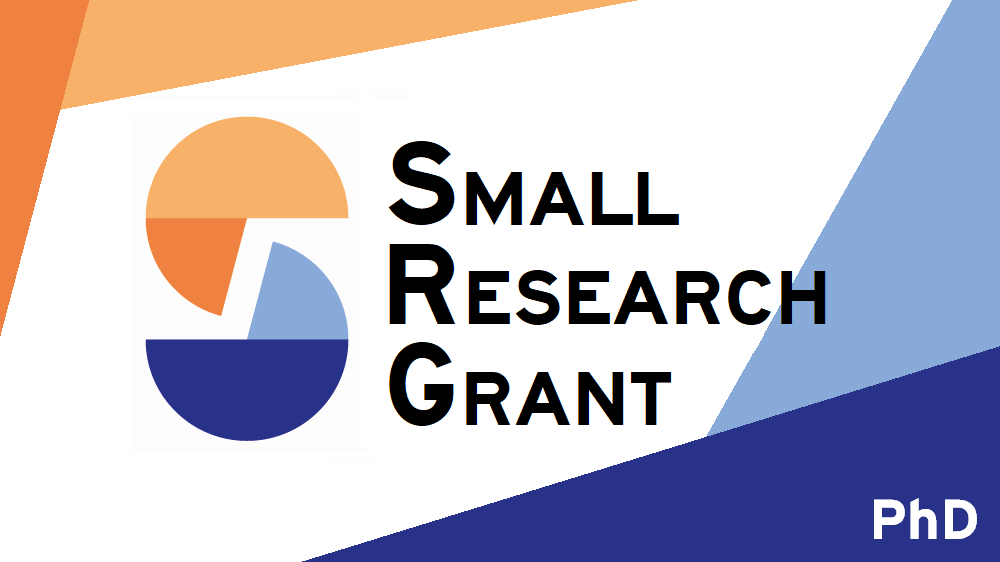
PhD Research Grants
Research Team
Related content
